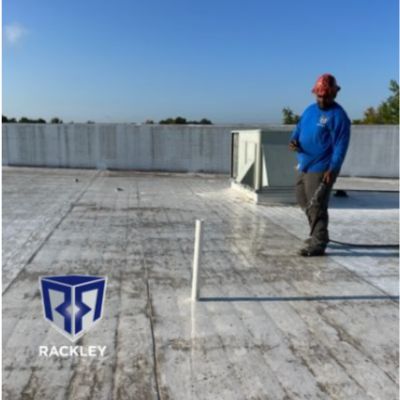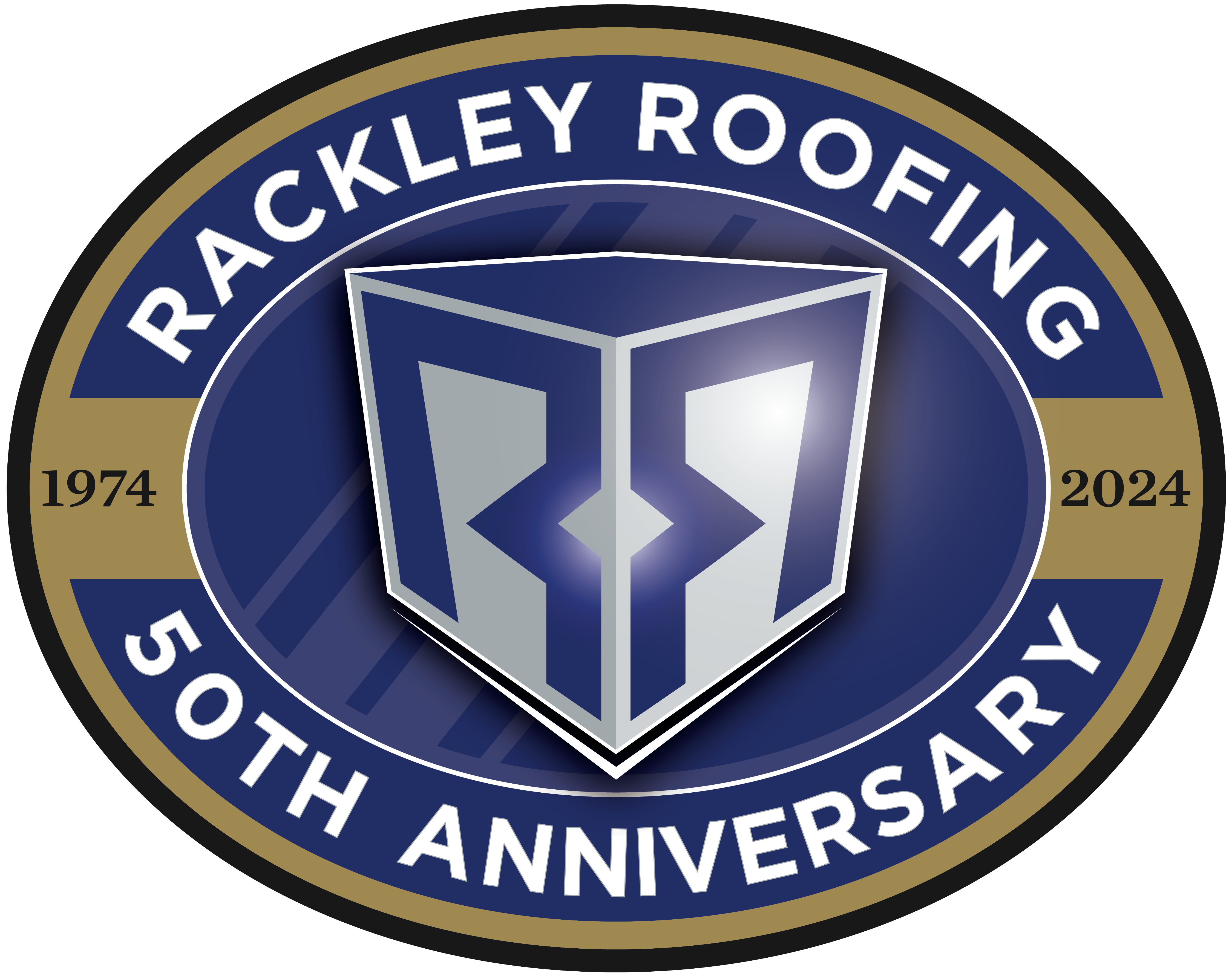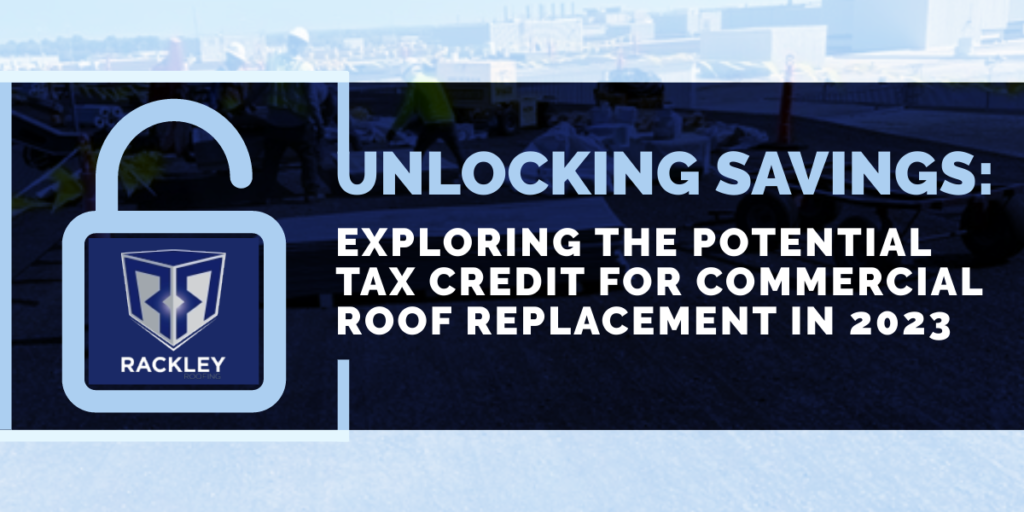Tax laws change from year to year. One year, a tax credit may be available. The following year, it is gone, replaced by a different provision. With an ever-evolving tax code, it can be challenging for business owners to track what tax incentives (credits, deductions, rebates, incentives, etc.) exist. Understanding if your business qualifies for any of these tax benefits can be even more challenging. Here, we’ll explore the details of potential tax credits for a roof replacement in 2023. In lieu of any tax credit, this article analyzes any available tax deductions or other tax incentives. We will also look ahead to the possibility of tax credits, deductions, or other benefits on the horizon in 2024 that will be available to well-qualified businesses seeking to make necessary capital improvements.
For commercial building owners and property managers, successfully navigating through the tax code to determine if a particular capital improvement (such as a roof replacement) qualifies for a tax incentive may seem like a lost cause. However, it is worth the effort to research potential opportunities that exist. The tax benefits can substantially impact a business’s bottom line.

Distinguishing Between A Tax Credit And A Tax Deduction
A tax credit is different from a tax deduction. A tax credit permits the taxpayer to reduce their tax liability dollar-for-dollar. Imagine a taxpayer has a taxable income of $50,000 and is subject to a 20% tax. Also, assume that the taxpayer is entitled to a $1,250 tax credit. The tax liability is reduced by $1,250 to $8,750. The taxpayer receives a $1,250 tax savings.
Conversely, if a taxpayer receives a tax deduction, the same taxpayer may have a taxable income of $50,000 but is entitled to a $1,250 tax deduction. The taxpayer’s taxable income is then lowered from $50,000 to $48,750. Assuming the taxpayer is subject to a 20% tax, the tax liability is reduced from $10,000 to $9,750. The taxpayer nets only a $250 tax savings.
Is There Any Tax Credit For A Roof Replacement In 2023?
Technically, there is no federal tax credit available to commercial property owners. However, a federal tax deduction is available under Section 179 of the Internal Revenue Code (i.e., the Tax Cuts And Jobs Act (TCJA)). Capital improvements to a commercial roofing system entitle the business to a federal tax deduction of up to $1,160,000.
Leveraging this federal tax incentive allows a savvy business to achieve substantial tax relief while making an important and necessary upgrade to its commercial roofing system. To learn more about how a business owner can benefit from this tax program, they should contact a qualified tax professional to discuss its parameters and ask any questions.
Understand that to receive any tax benefit under Section 179, the business must take the deduction in the year the roof replacement or other capital improvement (such as an upgrade to the HVAC system, ventilation, or fire protection system) occurred. Certain routine repairs to an existing roof may also be a viable way to achieve a federal tax deduction.

What Tax Benefits Exist For Commercial Roofing Improvements In 2024

Technically, there is no federal tax credit available to commercial property owners. However, a federal tax deduction is available under Section 179 of the Internal Revenue Code (i.e., the Tax Cuts And Jobs Act (TCJA)). Capital improvements to a commercial roofing system entitle the business to a federal tax deduction of up to $1,160,000.
Leveraging this federal tax incentive allows a savvy business to achieve substantial tax relief while making an important and necessary upgrade to its commercial roofing system. To learn more about how a business owner can benefit from this tax program, they should contact a qualified tax professional to discuss its parameters and ask any questions.
Understand that to receive any tax benefit under Section 179, the business must take the deduction in the year the roof replacement or other capital improvement (such as an upgrade to the HVAC system, ventilation, or fire protection system) occurred. Certain routine repairs to an existing roof may also be a viable way to achieve a federal tax deduction.
Changing The Commercial Roofing Industry One Roof At A Time
An individual who owns or operates a business in the Southeastern US needs a trusted roofing company to partner with them for all their roofing needs. Rackley Roofing has the knowledge, experience, training, and support staff to assist commercial and industrial building owners and managers with a full range of roofing services.
Rackley Roofing is not limited by geographical location, company size, or project scope. With five convenient locations, Rackley Roofing can provide roofing solutions that transform a business. To learn more about these services, speak with a qualified roofing professional, or schedule an appointment, contact Rackley Roofing today.




